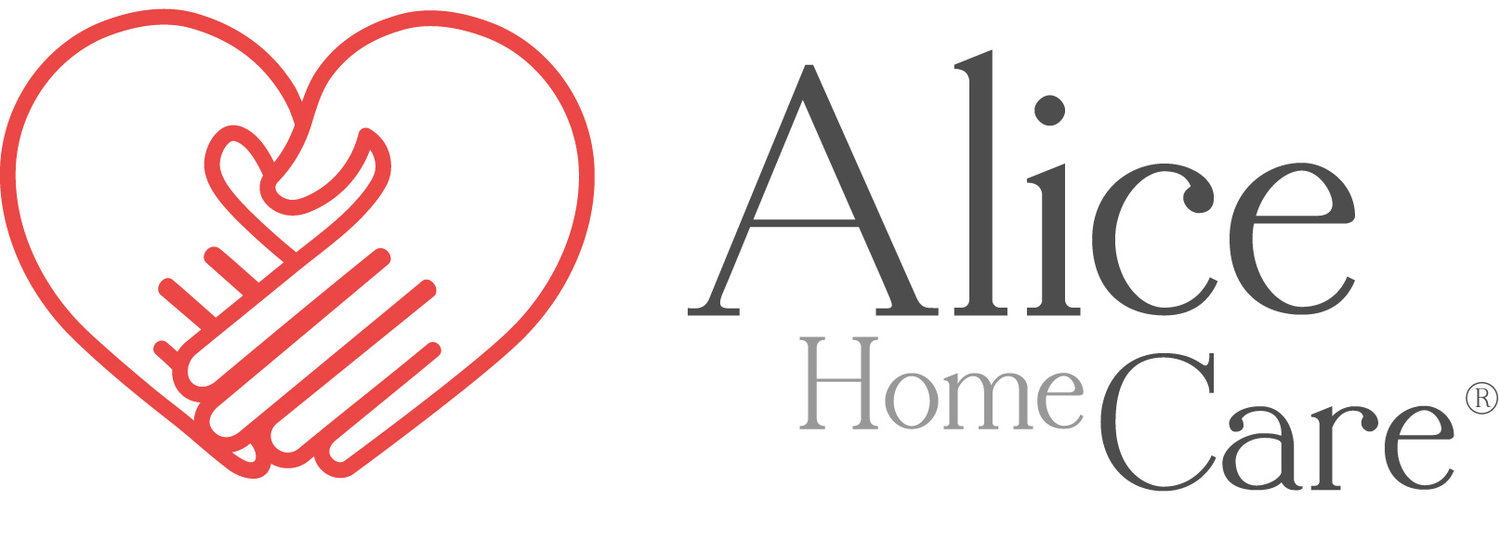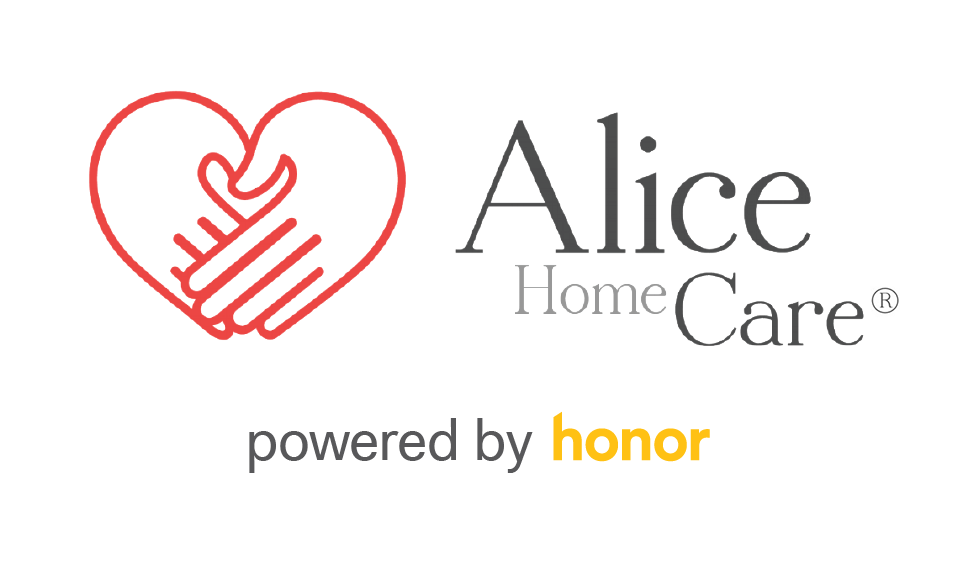For older adults, falls are a dangerous occurrence as it is often severe and serious enough that it can vastly change one's life. Some statistics from the CDC tell the story about the impact of falls, especially for elders.
1/4 of Americans aged 65 plus falls each year
Falls are the leading cause of fatal injury as well as the most common cause of non-fatal hospital admissions for older adults.
Falls result in more than 3 million injuries the Emergency Departments treat annually, including more than 800,000 hospitalizations.
Each year about $50 billion is on medical costs related to non-fatal fall injuries and $754 million is spent on fatal falls. This is expected to increase as the population ages and is projected to exceed $101 billion by 2030.
However, falls are not inevitable as you age. Falls prevention is the watchword. The National Council on Aging website is full of information about Falls Prevention. And a recent valuable addition is a new digital tool called, Falls Free Checkup. You can access it here at and take the check up to gauge your risk of falling.
To avoid becoming a fall statistic as our country's population ages, you individually can take some preventive lifestyle steps to minimize your risk of falling:
If you are on several medications, be sure to understand their possible side effects as well its interaction with the full complement of medications you have been prescribed. There is a very informative article by a Bay Area Geriatrician, Dr. Leslie Kernisan, that is referenced here.
Exercise. This cannot be emphasized enough as making it a lifelong habit will keep your body in good shape so that you will minimize your fall risks. With a strong, in shape body the impact of a fall may not have as serious consequences as if you had a sedentary lifestyle of little to no exercise. A walk for 20-30 minutes several times a week will make a huge difference in your health. It is easy, free and you can do it anywhere, at any time of the day.
Hydration. As the previous month's blog entry about Seniors and Hot Weather states, a UCLA study found that more than 40% of older adults suffer from chronic under-hydration. Drinking water constantly to keep you always well hydrated is very important in falls prevention. Even if you do not feel thirsty a few sips of water can only help replenish your body throughout the day. Also ensuring that your diet is full of fruits and vegetables easily adds to the hydration as many of them contain a high percent of water. Fruits such as watermelon--its name is the giveaway--strawberries, cantaloupes, peaches, oranges to name a few fruits. Vegetables such as cucumbers, lettuce, zucchini, celery, tomatoes, bell peppers and cauliflower are some vegetables easily available for meals that have a high water content.
The NCOA website also has an in-depth flyer that lists helpful tips to help older adults avoid falls:
https://www.ncoa.org/article/6-falls-prevention-steps-to-help-your-older-loved-ones
While Falls Prevention Awareness Week is from September 20th to the 24th, preventing falls should be a priority to keep you healthy and safe the entire year.
Alice Home Care is here to help provide compassionate care for your loved ones who struggle to remain independent in their homes. Give us a call at 510-924-8529 and let us provide you with helping hands and caring hearts.



